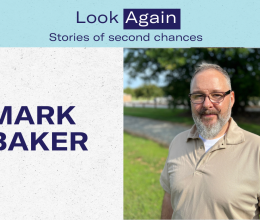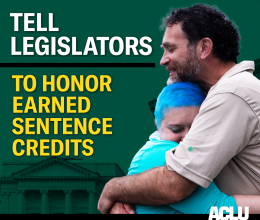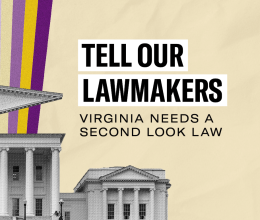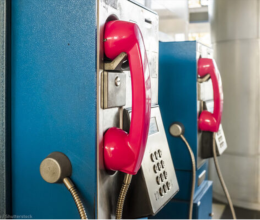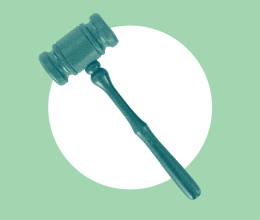RICHMOND, VA – The American Civil Liberties Union (ACLU) of Virginia today celebrated enactment of landmark legislation protecting Virginians’ privacy and commended Governor McAuliffe for signing into law bi-partisan legislation, HB 2125 (Cline R Rockbridge) and SB 1301 (McEachin D Richmond), that will require a search warrant for drone use by law or regulatory enforcement agencies.
Since 2013, law enforcement drone use has been regulated by Virginia’s first-in-the-nation statewide drone moratorium that is set to expire July 1, 2015. The new law adds Virginia to the list of only eleven states with a warrant requirement for drone usage by law enforcement.
“This hard won victory comes after three years of close work with a bipartisan group of legislators led by Delegates Ben Cline and Todd Gilbert,” said ACLU of Virginia Executive Director Claire Guthrie Gastañaga. “The first success came two years ago when Governor McDonnell signed into law a two-year drone statewide moratorium that gave us time to work together to develop the well thought out and common sense legislation that Governor McAuliffe signed today. This legislation is an important first step in bringing Virginia’s privacy laws into the 21st Century and ensures that government agencies that violate the new warrant requirement can’t use the data they collect when they do so in criminal or enforcement proceedings against Virginians.”
Last month, the legislature rejected amendments proposed by the Governor that would have gutted the statutory warrant requirements in these bills regulating drone use by law and regulatory enforcement agencies.
Under the new law, law enforcement can use a drone to track a person as long as they obtain a warrant. The law also allows warrantless use of drones for emergencies, such as when Amber or Blue alerts are issued, and does not limit commercial or other public or private uses of drones for non-law enforcement purposes, including research and fire and other assessments.
Virginia is now one of eleven other states with similar laws including, Florida, Idaho, Illinois, Indiana, Iowa, Montana, Oregon, Tennessee, Texas, Utah, and Wisconsin.

